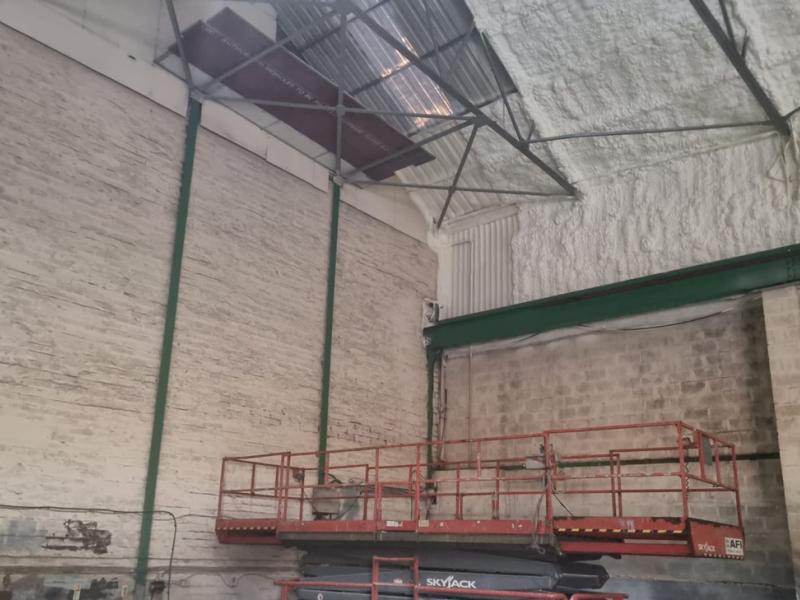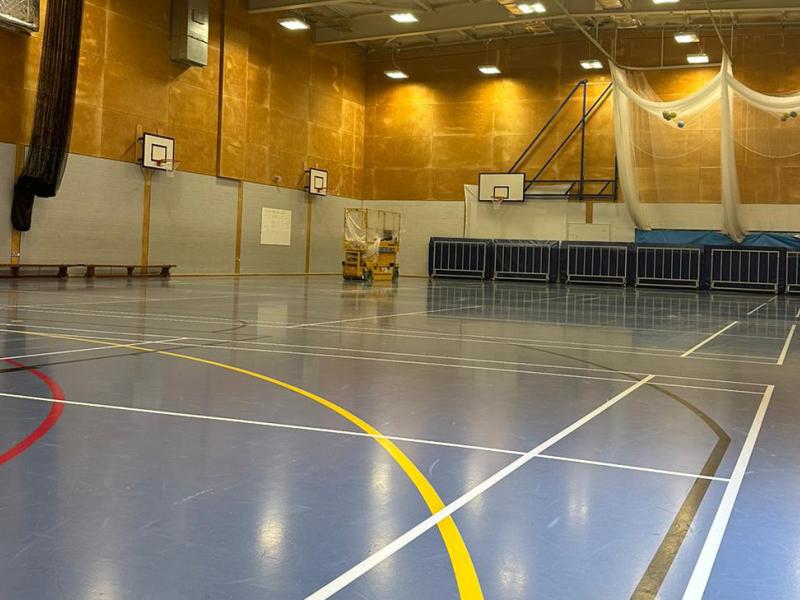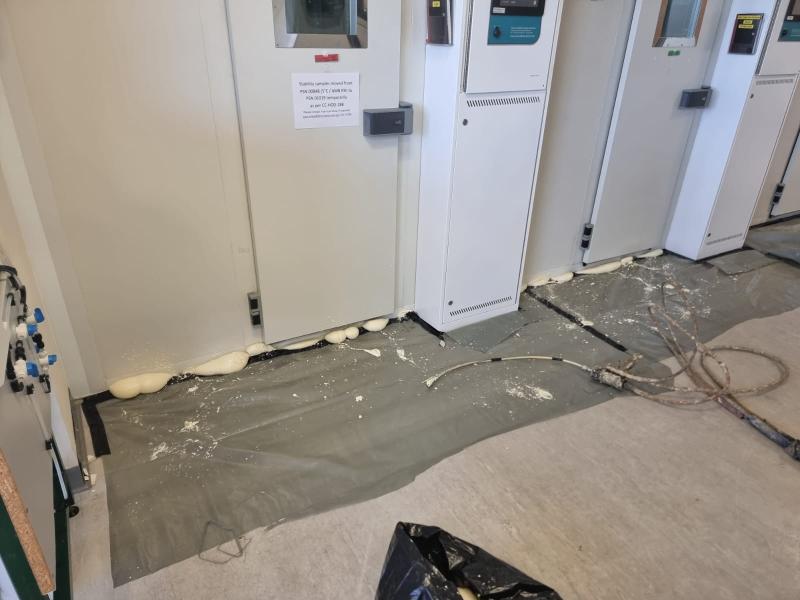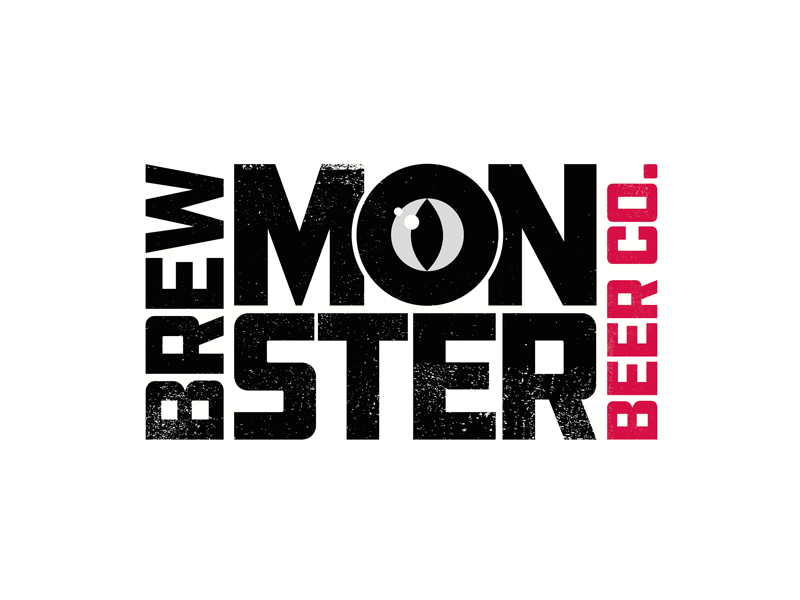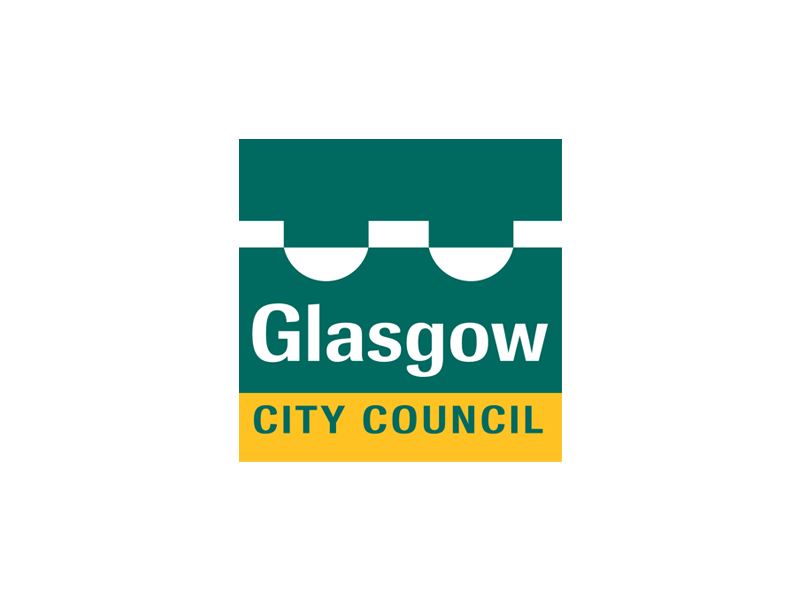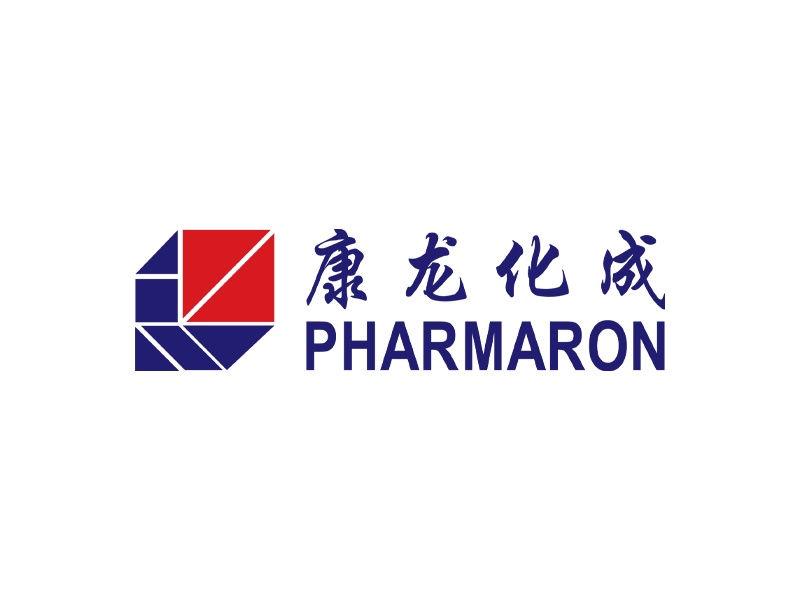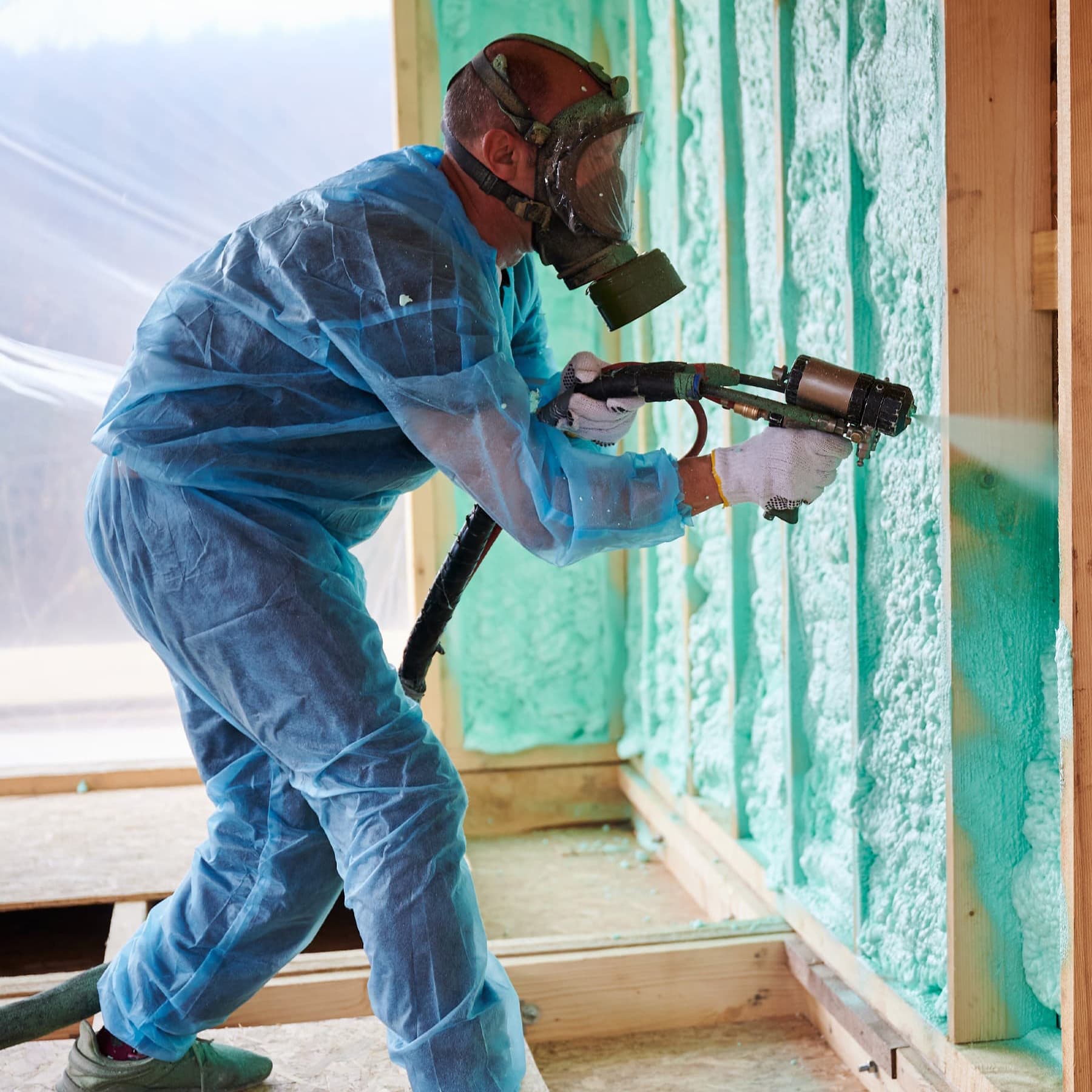Environmental Impact
Spray-applied Polyurethane Foam and the Environment
An independent review of the impact of thermal insulation on global warming and the potential for further savings in carbon dioxide emissions was carried out recently. The results were reported in a document entitled Thermal Insulation and its Role in Carbon Dioxide Reduction. This report, written by Caleb Management Services, highlighted three significant findings:
It was recognised that thermal insulation can play a key role in the cost effective reduction of carbon dioxide emissions in Europe and save up to 350 million tonnes per annum by 2010.
Retrofitting of un-insulated or poorly insulated properties provides by far the biggest contribution to carbon dioxide savings and suggests that the targeting of retrofit programmes to those member states with average carbon dioxide emission rates above 0.5kg/kWh for power generation should be prioritised.
Insulation materials that can be most easily and efficiently retrofitted need to be prioritised.
The report also pointed out that insulation materials should be highly efficient in terms of performance at low thickness levels, should have a high strength to weight ratio, should be easy to apply, fibre-free and resistant to moisture.
The key requirements listed above admirably describe the properties of spray-applied polyurethane (PU) foam. The two component liquid system produces a highly efficient blanket of insulation with a thermal conductivity of 0.02W/mK.
It is particularly easy and cost-effective to apply to a wide variety of substrates and is fibre-free. Its closed-cell nature renders it very resistant to moisture ingress and grades are available which achieve both Class '1' and Class '0' fire ratings when tested to BS476 Part 7 and Part 6 respectively. Furthermore it has a very good track record in retrofit applications, both domestic and industrial.
One of the most important aspects of spray applied polyurethane foam is the fact that it produces a seamless blanket of insulation giving rise to a product without joints.
Any jointed system, including insulation boards, gives rise to a potentially weak point leading to a significant loss of insulation value.
In a report carried out into the life-cycle assessment of insulation materials, it was concluded that "PUR rigid foam can make an important contribution to the protection of the environment, especially through retrofitting of existing buildings."

